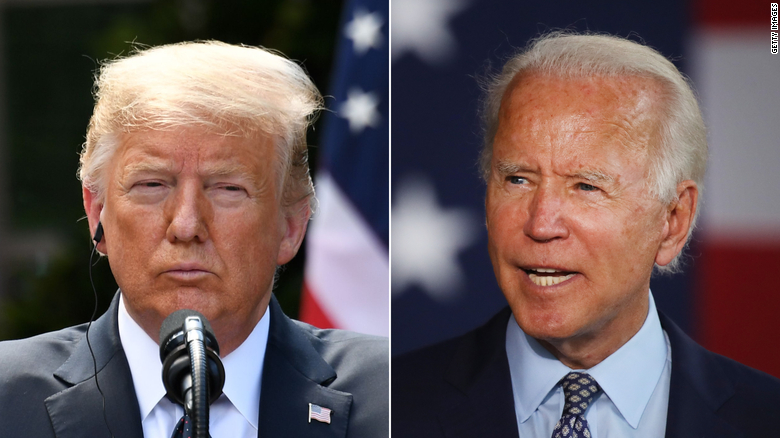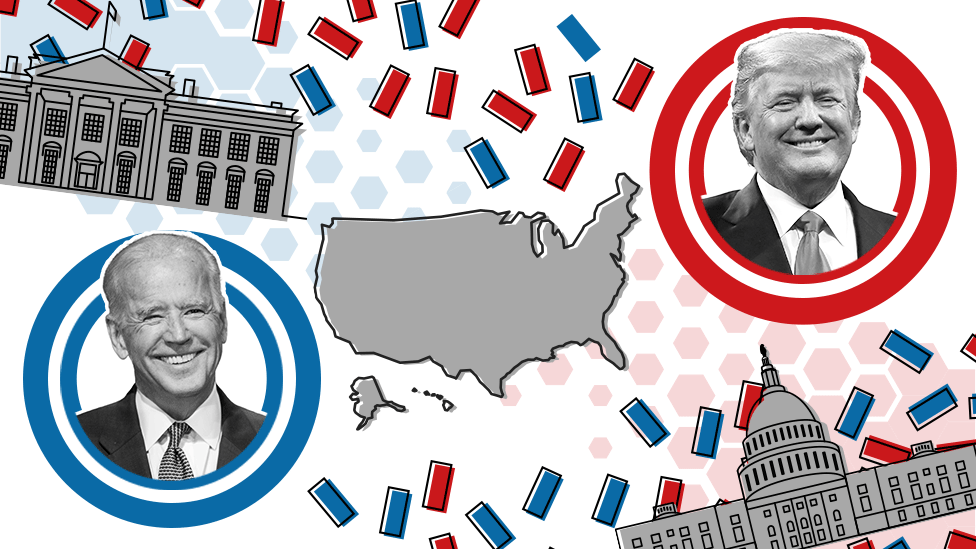
The World Might Still Miss Trump
For Boris Johnson, the vision of Joe Biden's victory is worrying. Biden called him a "physical and emotional clone" of Trump — this is the worst imaginable insult to be delivered by a presidential candidate. Biden, who cherishes his Irish roots, has been negative about Brexit and wants to protect the interests of his ancestors' country. In London, they fear that after winning the presidential election, Germany and France will become America's most important partners in Europe and the special relations the U.S. had with Great Britain will become secondary. An ambitious free trade agreement between the United Kingdom and the United States, which was supposed to be the main benefit of Brexit, might also be scrapped.
However, London has also noted the warning from former National Security Advisor John Bolton that Donald Trump might radically weaken or even leave NATO during his second term. That would be an existential threat to Great Britain. This is why only 19% of Britons would vote for Trump.
In Germany, the number is even lower at 8%. This doesn’t come as a surprise since the president has been attacking Berlin from the start for its export surplus, modest defense spending and Nord Stream 2. The thing is that Biden's policy would not be much different. During his presidential campaign, he said, "For too long, the global trading system has failed to keep its promises to American workers," And that means there is not much hope for the Transatlantic Trade and Investment Partnership that Barack Obama negotiated and which Germans exporters counted on.
Biden would not weaken the pressure on Germany to tighten its policy toward China (e.g., by blocking Huawei from building a 5G wireless network). Sophia Becker from the German Council on Foreign Relations admits, “Germans are at the moment approaching [the election] with a coolness … Not everything is going to be roses and peaches if Biden is elected.”
The same goes for France. During the last briefing with the ambassadors, Minister of Europe and Foreign Affairs Jean-Yves Le Drian said, "In an increasingly brutal world which is being reshaped by complex power games and the methodical dismantling of multilateral regulatory frameworks, Europe at last needs to step beyond its innocence and naivety to forge its own destiny. If not, others will decide its destiny in its place.”
This is a sign that there is no going back to the close trans-Atlantic relations from the pre-Trump era. Although Biden suggests that if he wins the election, the USA will go back to the nuclear disarmament agreement with Iran and the Paris climate agreement, and will rejoin the World Health Organization. However, under his administration, America's priority would be to stop China's power at the expense of other issues important to Europeans, such as the Middle East. Biden "says he can be harder on China than Trump has been, however much less confrontational," warns Carl Schuster, former director of operations at the U.S. Pacific Command’s Joint Intelligence Center.
This is why China is not warming up to the vision of a probable Biden victory. Trump might have been the first president since Richard Nixon who broke the U.S.-Beijing policy of ever-closer cooperation. Yet from the perspective of the Republic of China, he offered many advantages: His defeat in the fight against the pandemic exposed America's weakness, and unilateralism caused the formation of an anti-Chinese coalition in Asia.
The fact that the millionaire is questioning the legitimacy of the election might prove to be the winning card for Chinese propaganda. It proves that democracy is not much better than a dictatorship.
Christopher Wray, a former FBI chief, has recently admitted that Russia is again trying to influence the elections in Trump's favor. Only 23% of Russians have a good opinion of the current president; their hopes for a Moscow-Washington agreement during his term have not materialized. But Biden, who as vice-president was strongly involved in Ukraine, might prove to be far worse for Russia. In 2011, he said to Vladimir Putin, paraphrasing George W. Bush, "I'm looking into your eyes, and I don't think you have a soul."


